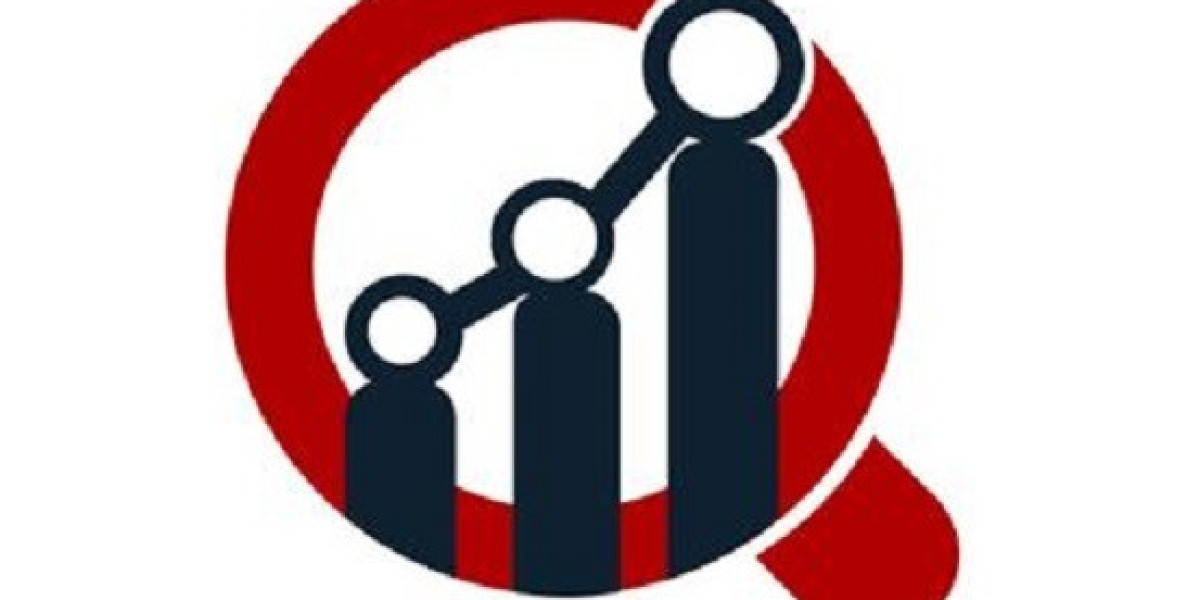Safeguarding Transfusions: The Role of Immunohematology in Modern Healthcare
Blood transfusion is one of the most common and life-saving procedures in medicine. Behind the scenes of this critical process is the science of immunohematology, a field that ensures blood compatibility, patient safety, and accurate disease diagnosis. As hospitals and diagnostic labs embrace precision medicine and automation, the immunohematology market is becoming more integral to healthcare delivery than ever before.
What Is Immunohematology?
Immunohematology, often referred to as blood banking, is a branch of hematology focused on the study of antigen-antibody reactions related to red blood cells. This discipline helps in:
Determining blood groups and Rh factors
Identifying antibodies that may cause transfusion reactions
Conducting cross-matching to ensure compatibility between donor and recipient blood
Detecting hemolytic diseases in newborns
The ultimate goal of immunohematology is to make transfusions safer, especially in trauma cases, surgeries, and for patients with chronic conditions like sickle cell anemia and thalassemia.
Key Components and Tools Used
Modern immunohematology labs rely on a range of devices and reagents, including:
Automated blood typing analyzers
Gel card systems for antibody screening
Serologic reagents
Column agglutination techniques
Molecular genotyping tools
With these technologies, lab technicians can rapidly perform blood compatibility testing, reduce human error, and enhance diagnostic accuracy.
The Market Dynamics at a Glance
The global immunohematology market is experiencing steady growth, fueled by the rising number of blood donations, increasing surgical procedures, and growing awareness of transfusion-related complications. Hospitals, diagnostic centers, and blood banks form the primary end-users.
North America leads the market due to its advanced healthcare infrastructure and high rate of transfusions. However, countries in Asia-Pacific are quickly catching up with better diagnostic accessibility, expansion of blood banks, and government-led blood donation initiatives.
Innovations Driving the Market Forward
In recent years, the field has seen transformative innovations such as:
Fully automated immunohematology analyzers that deliver faster and more precise results
Digital integration with electronic health records (EHRs) for real-time data sharing
AI-driven antibody identification systems
Point-of-care blood typing kits
These technologies are particularly beneficial in emergency settings where timely and accurate blood typing can save lives.
Challenges in the Field
Despite its growth, the immunohematology sector faces a few roadblocks:
Shortage of trained professionals in rural and underserved regions
Cost constraints in adopting advanced analyzers for smaller clinics
Regulatory complexities in blood banking practices
Limited awareness of blood disorders and testing importance
Addressing these challenges will require global collaboration in training, funding, and regulatory simplification.
Why Immunohematology Matters More Than Ever
As medicine becomes more personalized and data-driven, immunohematology is expanding beyond transfusion safety. It plays a role in:
Managing autoimmune diseases
Understanding immune responses to infections
Detecting congenital disorders in prenatal testing
Supporting organ transplantation procedures
Its contribution to diagnostic precision makes it a pillar of patient safety and effective treatment protocols in the modern healthcare ecosystem.
Conclusion
The immunohematology market is no longer confined to backroom blood banks—it’s at the forefront of safer, smarter, and more personalized healthcare. With ongoing innovations and expanding clinical applications, immunohematology stands as a powerful enabler of life-saving treatments and diagnostic accuracy. As demand for transfusions and precision diagnostics continues to grow, this market is set to thrive in the coming years.







